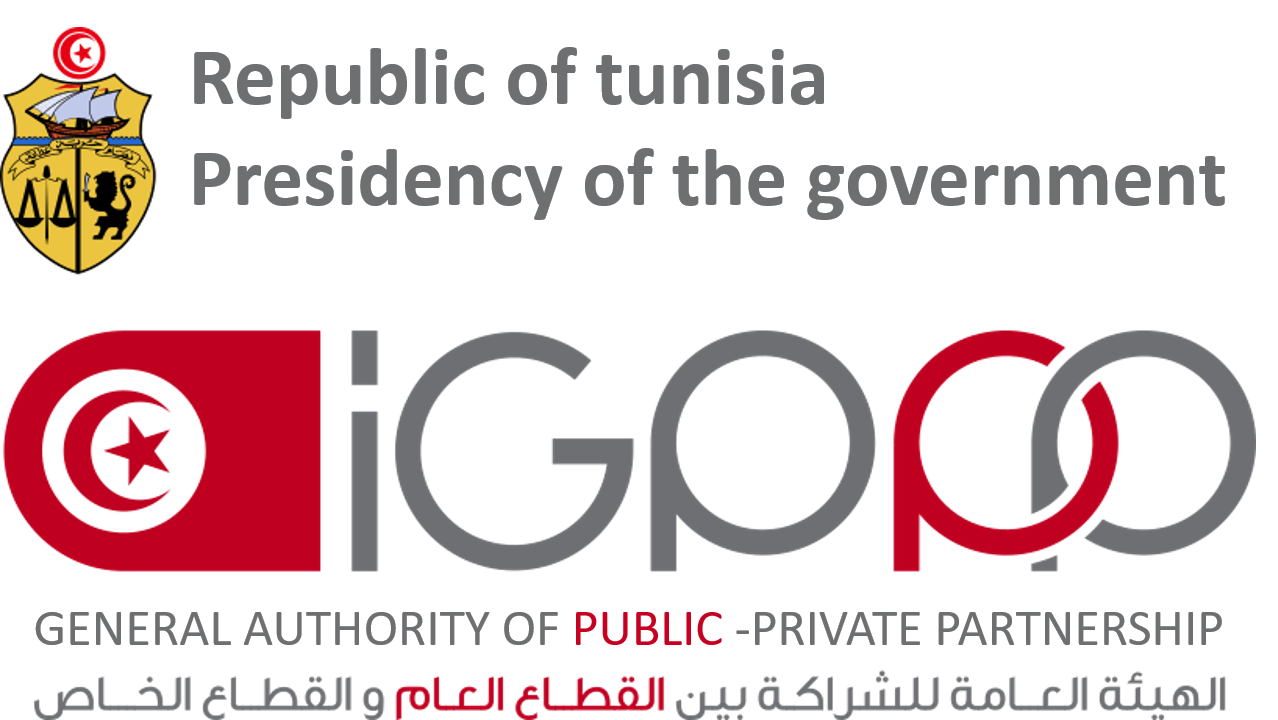Fields of intervention
The needs evolution of the State have led rather quickly to change relations with private companies. Private companies and public entities enter into long-term contracts, the object of which is the construction and operation of an infrastructure by a private company, which is compensated by the collection of a tariff from the users of the equipment. The company is an important actor to provide the public service and the concessions are considered as public service delegations. Licensors (the public person representing the State) no longer have to mobilize the full financing of the equipment as soon as possible to provide the service, since it is the revenues collected during the term of the contract that are supposed to ensure the remuneration of the leadership (the private enterprise) and cover the costs of construction and operation. The public person receives a fee from the leadership.
Nevertheless, concessions are synonymous with public services and have been deployed in the transport sector or the payment of a prize is considered natural by the public.
The concession contract involves in principle a delegation of public service, that is to say the operation of a public service by a concessionaire with tariffication of the service. However, the concession contract does not always imply a public service delegation since Article 2 of the Tunisian Law about Concessions (2008 )provides for another category of concessions, namely the exploitation of public areas and instruments. The sectoral laws subsequent to the 2008 law go in the same direction. The maritime ports code, for example, stipulates that harbor equipment and equipment may be used, in particular, under a concession with or without public service obligations. These are the concessions of tools or port equipment.



